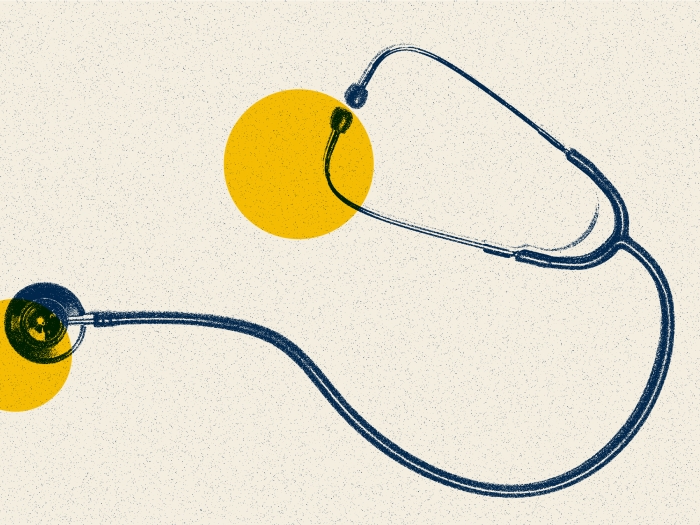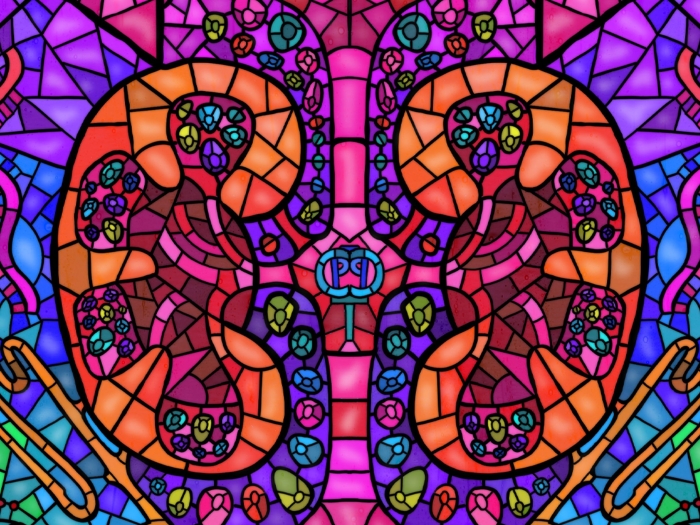Community, hospital elves help bring holiday traditions to children at U-M Health C.S. Mott Children’s Hospital
Author |
No one wants to spend the holidays at the hospital–especially children.
But thanks to community donations, some of the season’s magic will come to the kids at University of Michigan Health C.S. Mott Children’s Hospital.
Last week’s festivities included a virtual Santa visit at bedside and access to the hospital’s in-house toy store, which provides free, brand-new toys for patient families.
“Children and families who are at the hospital miss out on so many of the season’s traditions, such as seeing Santa,” said Luanne Ewald, FACHE, M.H.A., chief operating officer of Mott and U-M Health Von Voigtlander Women’s Hospital.
“We’re so grateful for the incredible community support that helps us make this time of year special for our Mott families and brings them some holiday cheer during such a stressful time.”
Santa wasn’t able to visit the hospital in person this year due to the recent COVID-19 surge and visitor restrictions, but he found a socially distanced way to see Little Victors – visiting them from the North Pole via Zoom.
Child and Family Life staff took Mr. and Mrs. Claus room to room through an iPad, and children had the chance to share their Christmas list and even take a photo without leaving their hospital beds.
Meanwhile, the eighth-floor activity room was transformed into Santa’s workshop, with shelves lined with potential presents ranging from dolls and makeup to basketballs, stuffed animals, University of Michigan apparel and brand-name games, Legos and puzzles.
Families were able to pick up to five gifts for both the child being treated at the hospital and also their siblings.
The toy store began as an effort to distribute the overwhelming amount of toys and other items donated to the hospital during the holidays and throughout the year by community members.

Department of Communication at Michigan Medicine





